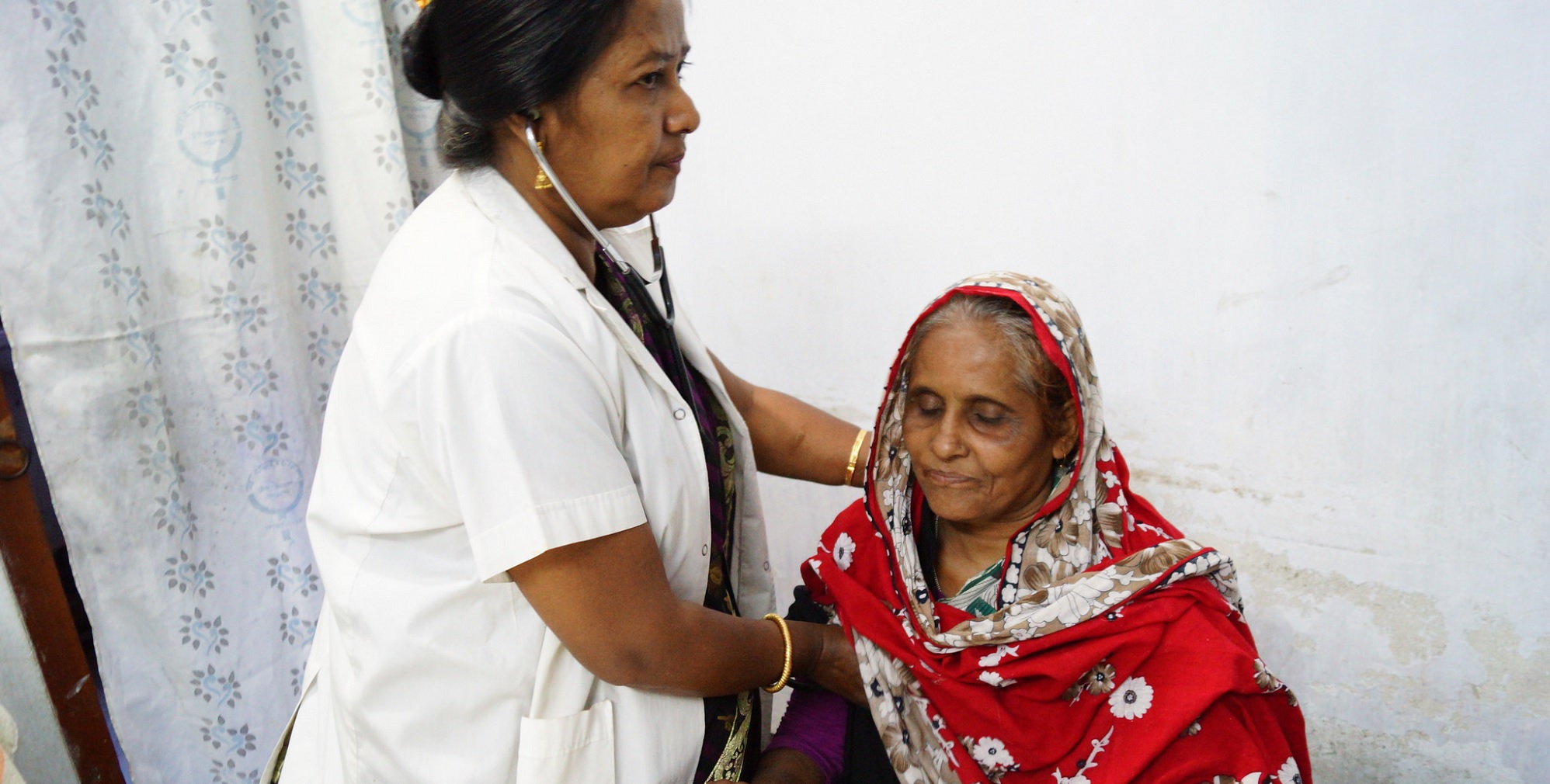
(c) Mayur Paul/HelpAge International
Better data can help ensure everyone, no matter their age, can access health services
By Ben Small
Policy leaders have been explicitly called to include people of all ages in national and international data systems, according to the Global Action Plan for Sustainable Development Data.
Announced at the UN World Data Forum in Cape Town, South Africa, the plan is clear in its message to ensure data is high quality, timely and disaggregated, and for data programmes to be expanded to cover all age groups to ensure “no one is left behind”.
Prepared at the request of the UN Statistical Commission, the Global Action Plan will be formally approved at the next meeting of the commission in March 2018.
“From the perspective of the HelpAge International, the call for engagement and consultation on data issues at national and regional levels with all stakeholders, including civil society, is very welcome,” said Patricia Conboy, Head of Policy at HelpAge International.
“It opens the door wider to deeper dialogue and broader action on the inclusion of older people in the data revolution that is now underway.”
The Sustainable Development Goals, ratified in September 2015 by all UN member states, form the backdrop to this focus on data. Without the improvement and expansion of national and international data systems, it is impossible to track progress on the objectives and whether they are reaching the most marginalised people.
Yet there are a number of ways older people risk being excluded from this data revolution:
- International and national surveys, such as the Demographic Health Survey, remain age-capped.
- Older people are often considered as one 65+ age group, which does not consider the different issues of people at different stages of later life, leaving their experiences invisible and poorly understood.
- Indicators to measure important issues for older people, such as income security, are inadequate. Household surveys to measure poverty levels, for example, do not give sufficient information on the individual incomes of older people and are therefore not effective evidence of their situation.
Patria Conboy joins a panel at the UN World Data Forum to discuss how better data is needed to help achieve Agenda 2030.
